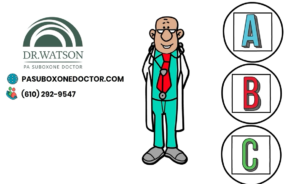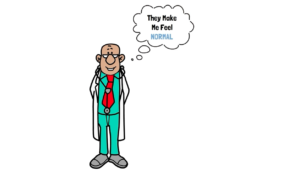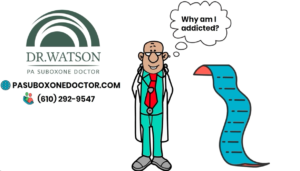Why Am I Addicted (3/3)
I Just Want to Feel Normal – Understanding the Real Struggle
Introduction
Welcome to the final part of Dr. James Watson’s transformative video series on opioid use disorder. In this last whiteboard presentation, Dr. Watson addresses a struggle that many of his patients have articulated: “I just want to feel normal.” This sentiment often goes unheard in traditional treatment models, but Dr. Watson’s unique perspective sheds light on why it matters and how it can be addressed.
Brief Video Description
The focus here is on C-types—the group that experiences a sense of clarity and normalcy when using opioids. Dr. Watson explains how typical abstinence-based programs can fail this population because they ask patients to give up the one thing that makes them feel right. The video also introduces Medication-Assisted Treatment (MAT), including buprenorphine, as a way to stabilize patients without sacrificing the normalcy they crave.
More Detail on the Script
The Desire for Normalcy
- C-types often describe opioid use as energizing or life-changing, rather than sedating.
- This emotional component is a key driver behind relapse in traditional programs.
Why MAT Helps
- MAT (like buprenorphine) can provide the sense of stability and normalcy without the high or the risk of fatal overdose.
- Patients regain control over their lives—improving relationships, holding jobs, and avoiding dangerous street drugs.
Reframing Addiction
- By treating addiction as a chronic condition, similar to diabetes or hypertension, we shift from punishment to management.
- Patients can maintain a productive life without facing the constant fear of relapse.
How It Ties Into the Series
This video completes the puzzle started in the first two parts. With the Genetic Model in mind (Blog 1) and the ABC framework understood (Blog 2), it becomes clear why so many attempts at detox fail for C-types. This final discussion offers a beacon of hope: there is a way to feel normal and stay safe.
Call to Action
If you’re tired of fighting an endless battle for normalcy, it’s time to reach out. Call Dr. Watson’s office or leave us a message to explore your options for Medication-Assisted Treatment and beyond. Hope and healing are just a conversation away.







